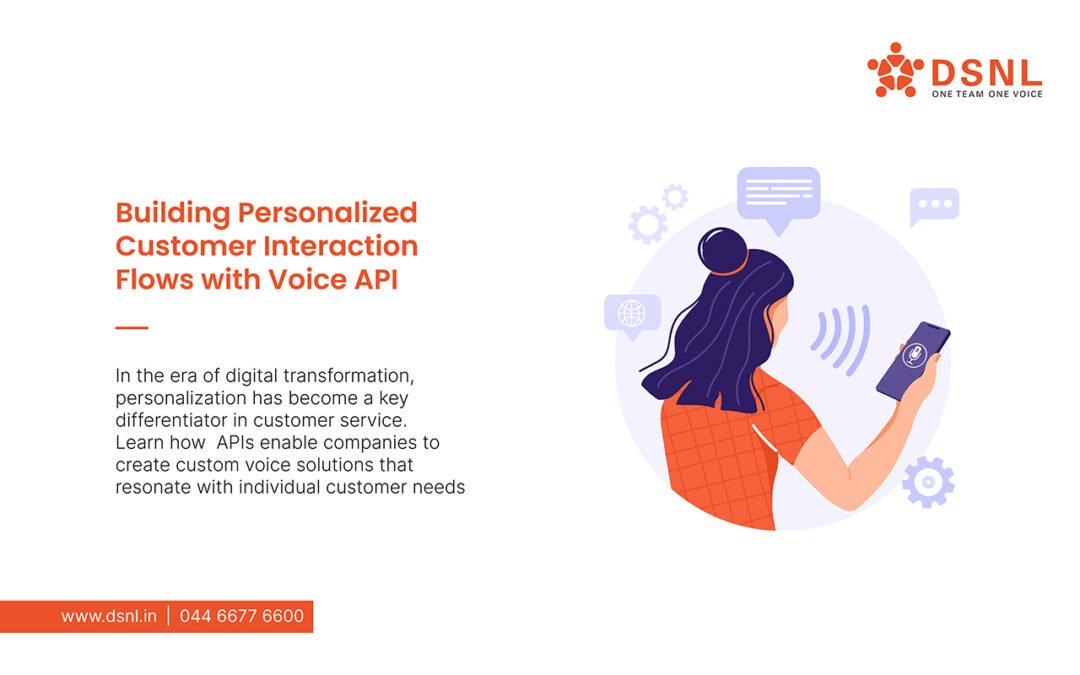In the era of digital transformation, personalization has become a key differentiator in customer service. Voice API (Application Programming Interface) technology stands at the forefront of this shift, offering businesses innovative ways to build personalized customer interaction flows. These APIs enable companies to create custom voice solutions that resonate with individual customer needs, elevating the customer experience to new heights.
The Emergence of Voice APIs
Voice APIs are tools that allow developers to integrate voice calling capabilities into their applications. This technology has revolutionized the way businesses interact with customers, making interactions more dynamic, responsive, and personalized.
Advantages of Voice APIs in Customer Interactions
- Customization: Businesses can tailor voice interactions based on customer data, providing a more relevant and engaging experience.
- Scalability: Voice APIs allow for easy scaling of customer service operations, accommodating fluctuating call volumes without compromising on quality.
- Integration with Existing Systems: These APIs can be seamlessly integrated with CRM systems, enabling real-time access to customer data during calls for personalized service.
- Enhanced Customer Engagement: Personalized voice interactions foster a deeper connection with customers, enhancing satisfaction and loyalty.

Implementing Personalized Interaction Flows
- Understanding Customer Preferences: Use customer data to understand preferences and tailor voice interactions accordingly.
- Interactive Voice Response (IVR) Integration: Implement IVRs with Voice API to guide customers through a personalized call flow based on their history and preferences.
- Automating Routine Queries: Use Voice API technology to automate responses to common queries, freeing up human agents for more complex issues.
- Continuous Improvement: Regularly analyze call data to refine and enhance the personalization of voice interactions.
Case Studies and Practical Applications
Highlighting case studies of businesses successfully implementing Voice API technology can illustrate its practical benefits. For example, a financial services company using Voice APIs to provide personalized investment advice based on a customer’s portfolio and history.
Conclusion
Voice APIs are powerful tools in building personalized customer interaction flows, offering customization, scalability, and enhanced engagement. By leveraging this technology, businesses can transform their customer service operations, delivering experiences that are not only efficient but also deeply resonant with individual customer needs.
